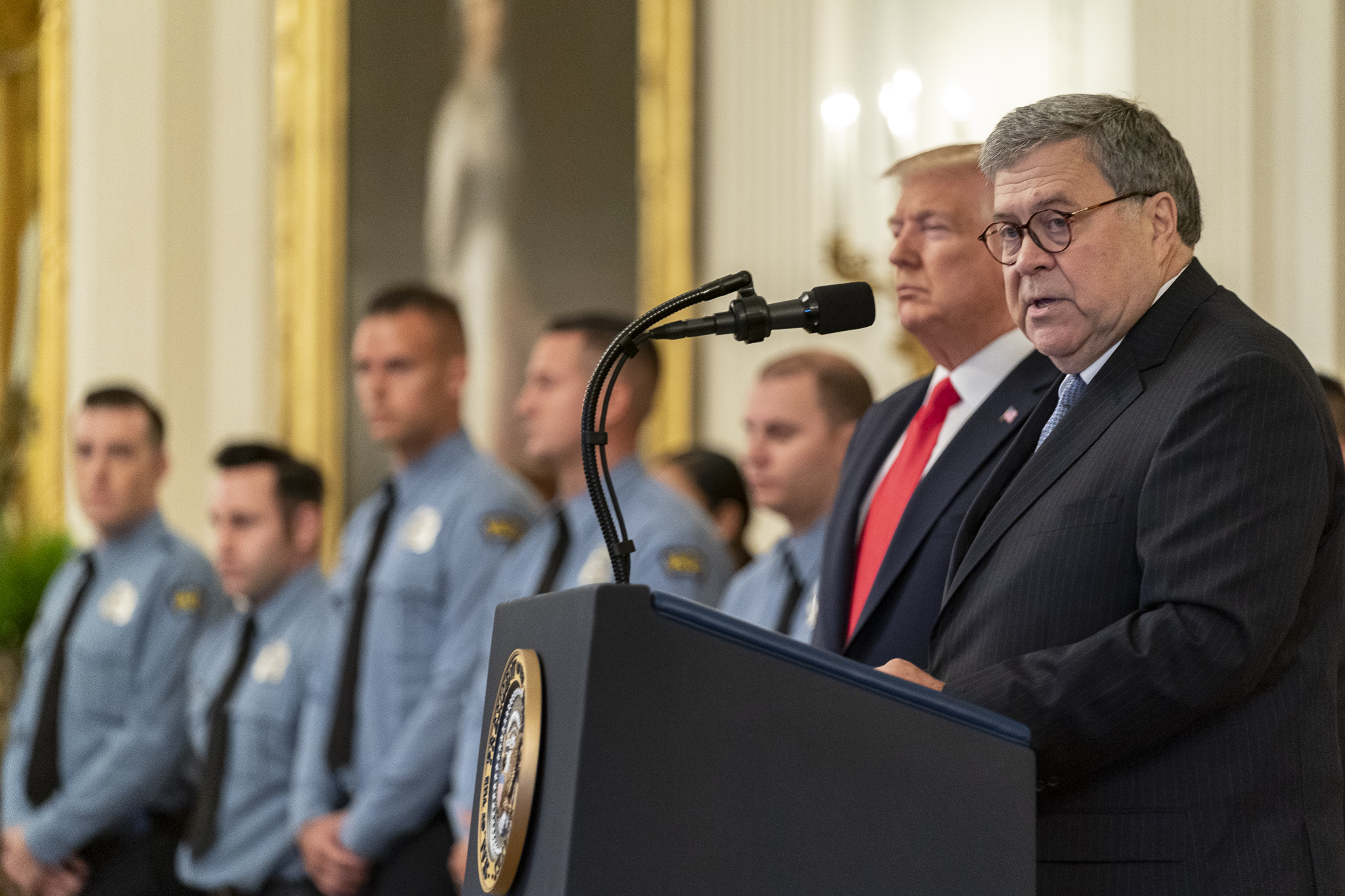Today's Headlines and Commentary
Are U.S. special forces preparing the ground for the liberation of Mosul? That would seem to be the case, if Speaker of the Iraqi Parliament Salim al Jabouri is to be believed. In an interview with Reuters, Mr.
Published by The Lawfare Institute
in Cooperation With

Are U.S. special forces preparing the ground for the liberation of Mosul? That would seem to be the case, if Speaker of the Iraqi Parliament Salim al Jabouri is to be believed. In an interview with Reuters, Mr. Jabouri claimed that foreign special forces units have carried out a series of raids in northern Iraq near Hawija, and that the “operations are bearing fruit.” Jabouri did not specifically say that U.S. special forces carried out the raids, and while U.S. Army Spokesman Col. Steve Warren denied that U.S. troops had engaged in any raids since October, local sources in Hawija said that several raids had occurred, targeting a local courthouse and a police station and killing or capturing several ISIS leaders.
Speaking of targeting senior leaders, Iraq’s joint operations command released a statement yesterday claiming that Abu Mohammed al Adnani, the charismatic spokesman for the Islamic State in Iraq and Syria, had been critically injured in an Iraqi airstrike in Anbar province. The military claims that Adnani was transferred to Mosul following the attack, which killed 15 other senior leaders. The Wall Street Journal notes that the strike could not be independently verified.
Elsewhere, Turkish President Recep Tayyip Erdogan celebrated the success of Turkish forces in repelling an Islamic State attack against a military base in northern Iraq where Turkey is currently training an Iraqi militia. Turkey deployed the contingent of roughly 150 troops near Bashiqa in December, angering Baghdad, which has called the deployment a violation of its sovereignty. Erdogan suggested that the assault vindicated his decision, proving that it was the “correct step” and claiming that 18 ISIS militants were killed in the fighting.
According to the Syrian Observatory for Human Rights, an Islamic State fighter has executed his own mother in a public square in Raqqa after the women warned him that the U.S.-backed alliance would destroy the Islamic State and urged him to leave ISIS territory with her.
In the New York Times, Ben Hubbard profiles the damage inflicted on Ramadi following the Iraqi army’s effort to reclaim the city, suggesting that “the widespread destruction of Ramadi bears testament to the tremendous costs of dislodging a group that stitches itself into the urban fabric of communities it seizes by occupying homes, digging tunnels and laying extensive explosives.”
Reuters reports that the Islamic State has claimed responsibility for a suicide attack in the Libyan town of Zliten on Thursday that killed at least 47 people and injured as many as 100 more. The attack is the worst of its kind since the fall of Muammar Gaddafi in 2011.
The New York Times writes that Secretary of State John Kerry “warned Beijing on Thursday that its effort to rein in North Korea had been a failure and that something had to change in its handling of the isolated country.” Speaking to reporters after a call with Chinese Foreign Minister Wang Yi, Kerry said he made it clear that “we cannot continue business as usual.” The Times also reports that two unnamed Administration officials confirmed that the White House was crafting a new United Nations resolution that would impose new sanctions on North Korea’s trade and finance operations, and include a partial ban on permitting North Korean ships from entering ports around the world. A second set of sanctions, similar to those imposed on Iran, would cut off the country’s banking relationships.
In what the Wall Street Journal calls “a loss of sensitive military technology that ranks among the worst-known incidents of its kind,” a U.S. Hellfire missile was mistakenly shipped from Spain to Cuba after a NATO military exercise in 2014. How the missile ended up in the sanctioned country remains a mystery, with U.S. officials still working to determine if the mis-shipment “was the work of criminals or spies, or the result of a series of blunders.” According to the Journal, U.S. officials are worried that Cuba could share the missile's sensitive technology with nations like China, Russia, or North Korea—all of whom New America’s Peter Singer notes would likely value the opportunity to reverse engineer its component targeting and sensor technology.
In Belgium, investigators told reporters that they have found “material that could be used for making explosives, traces of explosive acetone peroxide and handmade belts” during a raid on an apartment in which a fingerprint of Salah Abdeslam, the brother of one of the Paris attackers, was also found. The apartment, raided on December 10th, was rented under a false name, and may have been the site where the explosives used in the Paris attacks that killed 130 people were made. Salah Abdeslam has still not been found. Reuters has more on the investigation.
In news that is sure to rekindle rhetoric regarding accepting refugees in the United States, the Washington Post reports that two Palestinian men, both of whom were born in Iraq and came to the United States as refugees, have been charged in connection with terrorism investigations. Yesterday, federal prosecutors charged Aws Mohammed Younis al Jayab with making a false statement involving international terrorism. The other man, Omar Faraj Saeed al Hardan was charged with attempting to provide material support to the Islamic State, as well as procurement of citizenship or naturalization unlawfully and for making false statements.
Benjamin Weiser of the New York Times brings us the news that Minh Quang Pham, a British man tied to al Qaeda in the Arabian Peninsula, is likely to plead guilty to charges of providing support to terrorist in federal court later today. Prosecutors have alleged that Mr. Pham “trained directly” with Anwar al Awlaki “in how to create a lethal explosive device using household chemicals.” Pham’s case, as reported by Weiser, has “garnered attention recently after his lawyer...argued in a court filing that it would be hard to find unbiased jurors for the trial because of inflammatory statements by Donald J. Trump.”
Under a settlement filed in a Manhattan federal court yesterday as part of two civil-rights lawsuits that accuse the New York Police Department of unfairly targeting Muslims after the attacks of September 11th, the NYPD has agreed to enhance oversight of its surveillance practices and adhere to previously implemented provisions that are designed to guard against profiling on the basis of religion, race, or ethnicity. The mayor will also appoint an independent civilian lawyer to monitor the department’s counterterrorism activities. The civilian monitor will be appointed to a five-year term.
As Susan and I flagged yesterday, a group of leading U.S. technology firms, including Apple, Google, and Facebook, all filed written submissions in response to the draft U.K. Investigatory Powers Bill, otherwise known as the “snoopers charter.” The Wall Street Journal shares that each company “roundly criticized” the proposal, which would expand the British government’s spying powers. For more on the companies’ briefs, see the full piece in the Journal.
The Washington Post reports that the Obama administration’s national security A-team is headed to Silicon Valley today in an attempt to garner “tech firms’ help in figuring out how to thwart terrorists who use the Internet to recruit and radicalize people and to plan attacks.” Attorney General Loretta Lynch, FBI Director James Comey, Counterterrorism Adviser Lisa Monaco, Director of National Intelligence James Clapper, NSA Director Michael Rogers, White House Chief of Staff Denis McDonough, and Deputy Secretary of State Anthony Blinken will all attend a meeting today with top executives from YouTube, Facebook Twitter, Microsoft, Apple, and LinkedIn. The Post has more regarding what’s on the agenda, though not much is publically available.
With 2015 retrospectives behind us, experts have turned to what the coming year has in store. Andrew Tannenbaum, current Cybersecurity Counsel at IBM and former NSA Deputy General Counsel for Cyber, has a post on the cyber legal areas to watch in 2016. Tannenbaum notes that passage was only beginning for CISA, and flags CISA implementation, the NIST Cybersecurity Framework, Encryption, Europe, and the FTC as rising cyber legal and policy issues.
Parting Shot: Can Uber be a model for the intel community? Matthew Heiman, formerly of the National Security Division at the Department of Justice, explains in the Hill how the disruptive lessons of the tech industry can be adapted for management of the intelligence agencies.
ICYMI: Yesterday, on Lawfare
To start the day, General Counsel of the National Security Agency Glenn Gerstell defended changes made to U.S. surveillance tools under the USA FREEDOM Act.
Elaine Korzak provided an update on cybersecurity at the United Nations, alerting us that the UN General Assembly approved the creation of a new Group of Governmental Experts to focus on information security.
Susan and Cody flagged the responses from Apple, Facebook, and other U.S. voices to the draft U.K. Investigatory Powers Bill.
Adam Klein and Mira Rapp-Hooper explained Secretary of Defense Ash Carter’s comments on the South China Sea freedom of navigation operations.
Email the Roundup Team noteworthy law and security-related articles to include, and follow us on Twitter and Facebook for additional commentary on these issues. Sign up to receive Lawfare in your inbox. Visit our Events Calendar to learn about upcoming national security events, and check out relevant job openings on our Job Board.





